SGGPO
After listening to the report explaining, accepting and revising the draft Law on Electronic Transactions (amended), the National Assembly deputies voted to pass this draft law. Accordingly, other forms of confirmation by electronic means such as scanned signature, image signature, one-time password (OTP), text message (SMS), etc. are not electronic signatures.
On June 22, Chairman of the National Assembly's Committee on Science, Technology and Environment Le Quang Huy presented a report explaining, accepting and revising the draft Law on Electronic Transactions (amended).
Accordingly, some delegates suggested adding other types of electronic signatures in addition to digital signatures that meet all conditions to ensure safe signatures and legal value.
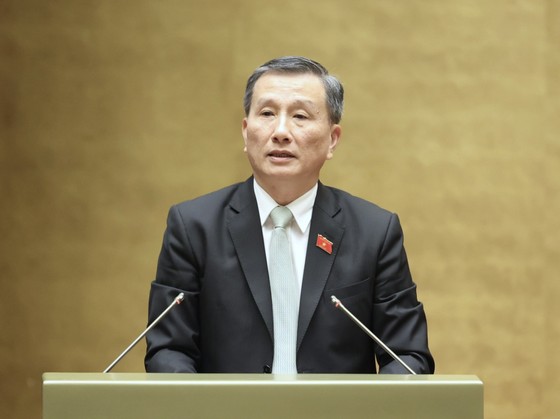 |
Chairman of the National Assembly's Committee on Science, Technology and Environment Le Quang Huy. Photo: QUANG PHUC |
Regarding this issue, the Standing Committee of the National Assembly believes that an electronic signature is used to confirm the signing subject and confirm that subject's approval of the information in the signed data message and must be created in the form of electronic data attached or logically combined with the data message to be considered an electronic signature.
Currently, other forms of electronic authentication such as scanned signatures, image signatures, one-time passwords (OTP), text messages (SMS), etc. are not electronic signatures.
However, to be consistent with the practical implementation of operations in the banking and customs sectors, etc. and to promote electronic transactions, the draft law stipulates that the use of these forms of confirmation must be carried out in accordance with relevant legal provisions.
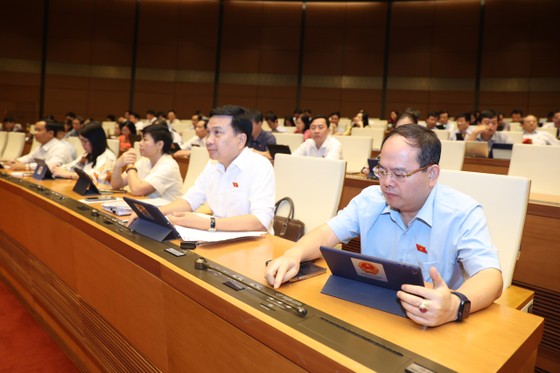 |
National Assembly delegates press the button to pass the Law on Electronic Transactions. Photo: QUANG PHUC |
Regarding the conclusion and implementation of electronic contracts, some delegates suggested more specific and detailed regulations on storage services and confirmation of the integrity of data messages to avoid duplication of functions and tasks of the Ministry of Information and Communications with the Ministry of Justice and provincial People's Committees (regarding authentication).
In response to this opinion, the Standing Committee of the National Assembly stated that the service of storing and confirming the integrity of data messages as stipulated in the draft law is to ensure that information is created, sent, received and stored without being edited or deleted in the electronic environment.
Meanwhile, the current law on certification and notarization regulates the activities of certifying copies from originals; certifying signatures in documents; certifying contracts and transactions (regarding time, location, civil capacity); notarizing and certifying the authenticity and legality of contracts in real environments.
Therefore, these two types of services are different and the provisions in the draft law on the functions and tasks of the Ministry of Information and Communications related to this content will not overlap the functions and tasks with the Ministry of Justice and the Provincial People's Committee regarding certification activities.
In addition, according to the National Assembly Standing Committee, national databases, databases of ministries, branches and localities play a very important role in administrative, economic and social activities.
Building and maintaining these databases requires a large amount of funding from the state budget and other legal sources from organizations, individuals and businesses. Experience from other countries also shows that businesses contribute a significant amount of funding to building and maintaining databases.
Therefore, the regulation that the State guarantees partial or full funding for the construction and maintenance of national databases, databases of ministries, branches, localities, and other State agencies is appropriate.
After listening to the report explaining, accepting and revising the draft Law on Electronic Transactions (amended), the National Assembly deputies voted to pass this draft law.
On the same day, National Assembly deputies voted to pass the Resolution on capital allocation for the Socio-Economic Recovery and Development Program; allocation and adjustment of the medium-term public investment plan of the central budget for the 2021-2025 period and allocation of the central budget investment plan for 2023 of the National Target Programs.
Source





![[Photo] Overcoming all difficulties, speeding up construction progress of Hoa Binh Hydropower Plant Expansion Project](https://vstatic.vietnam.vn/vietnam/resource/IMAGE/2025/4/12/bff04b551e98484c84d74c8faa3526e0)

![[Photo] Closing of the 11th Conference of the 13th Central Committee of the Communist Party of Vietnam](https://vstatic.vietnam.vn/vietnam/resource/IMAGE/2025/4/12/114b57fe6e9b4814a5ddfacf6dfe5b7f)


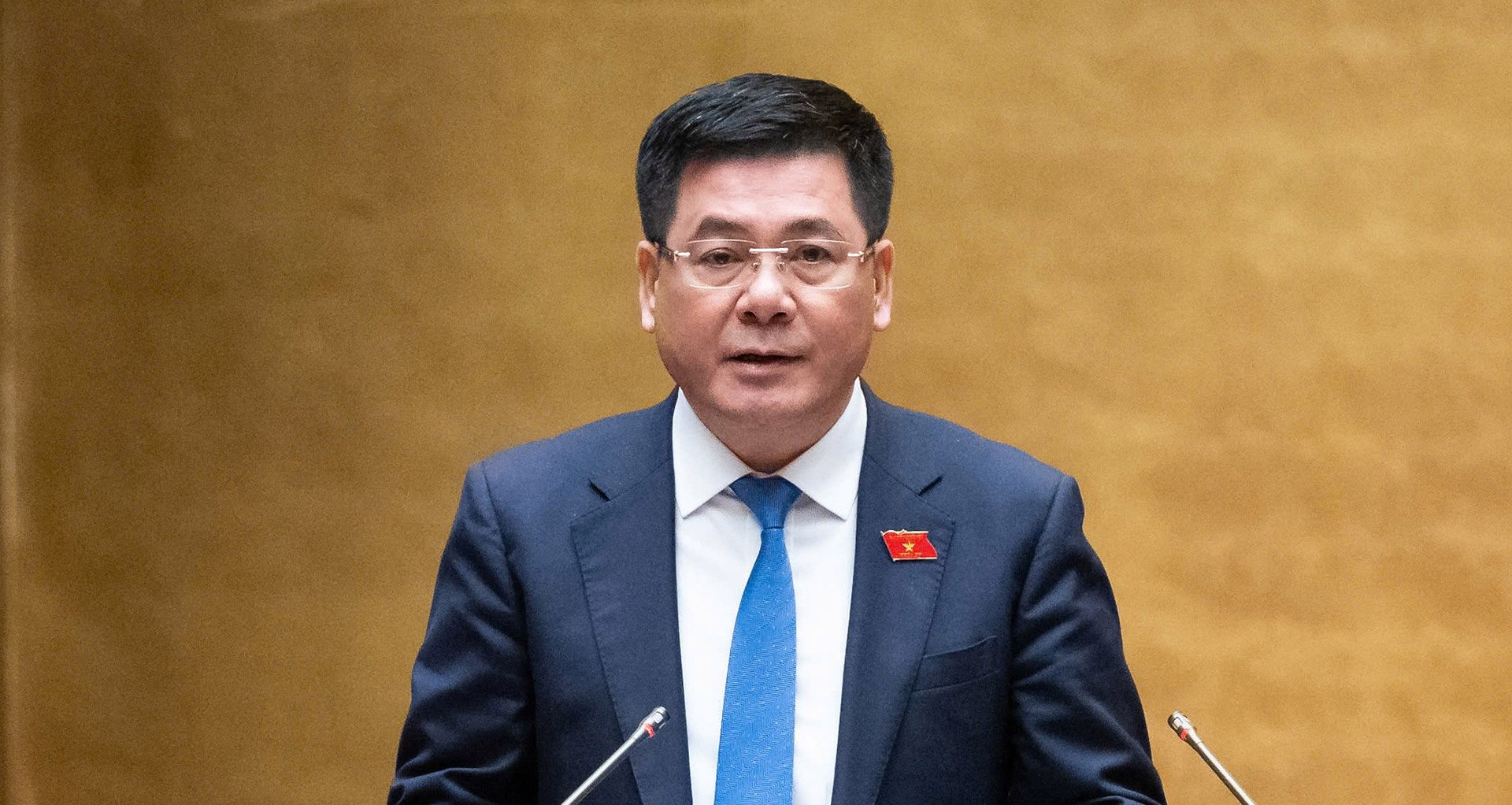

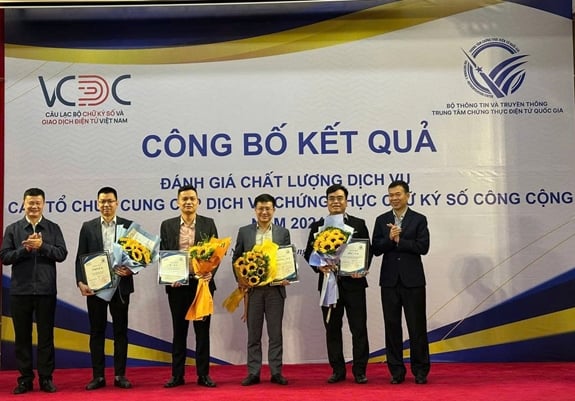




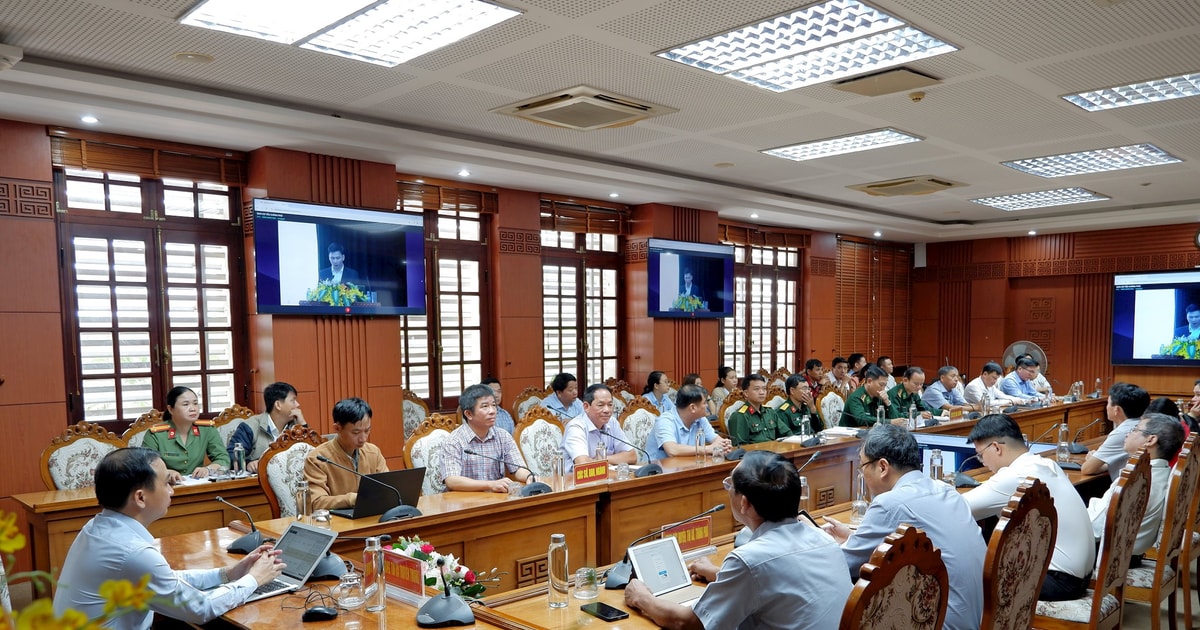

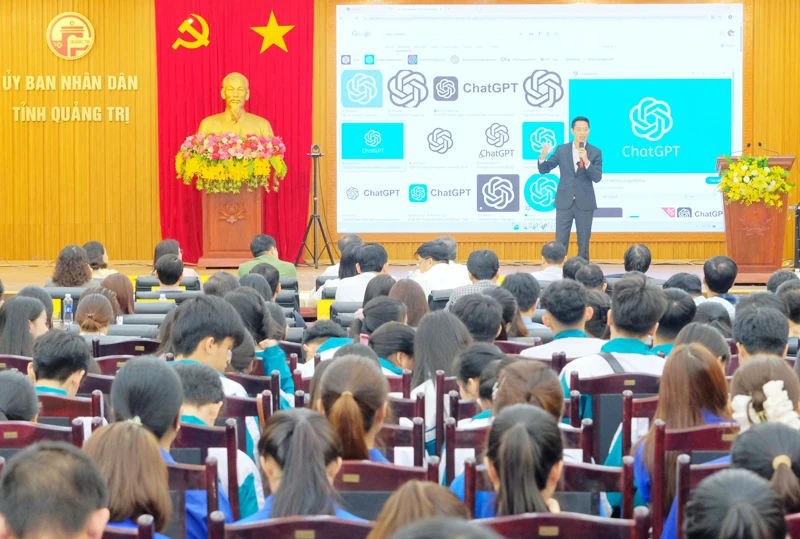



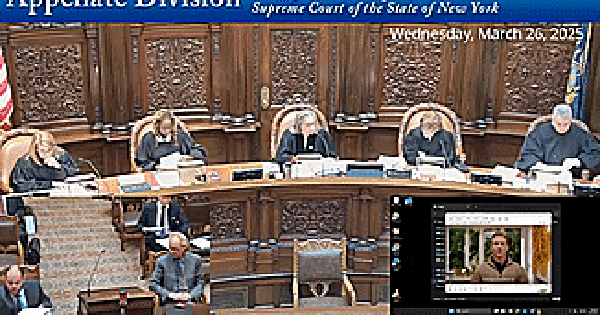







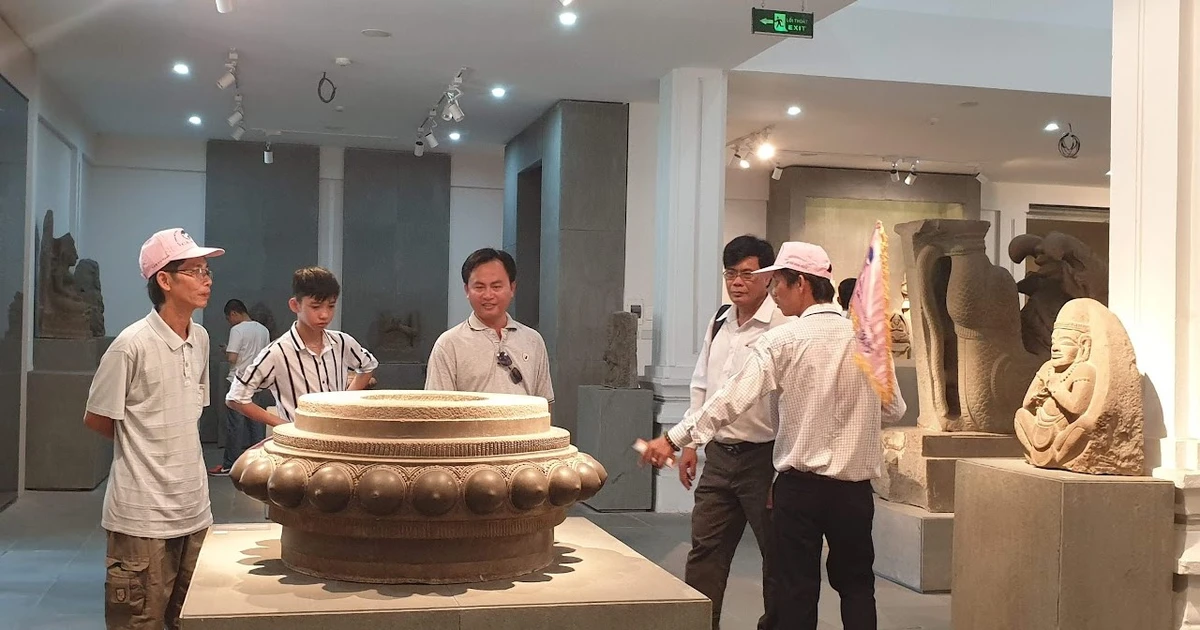

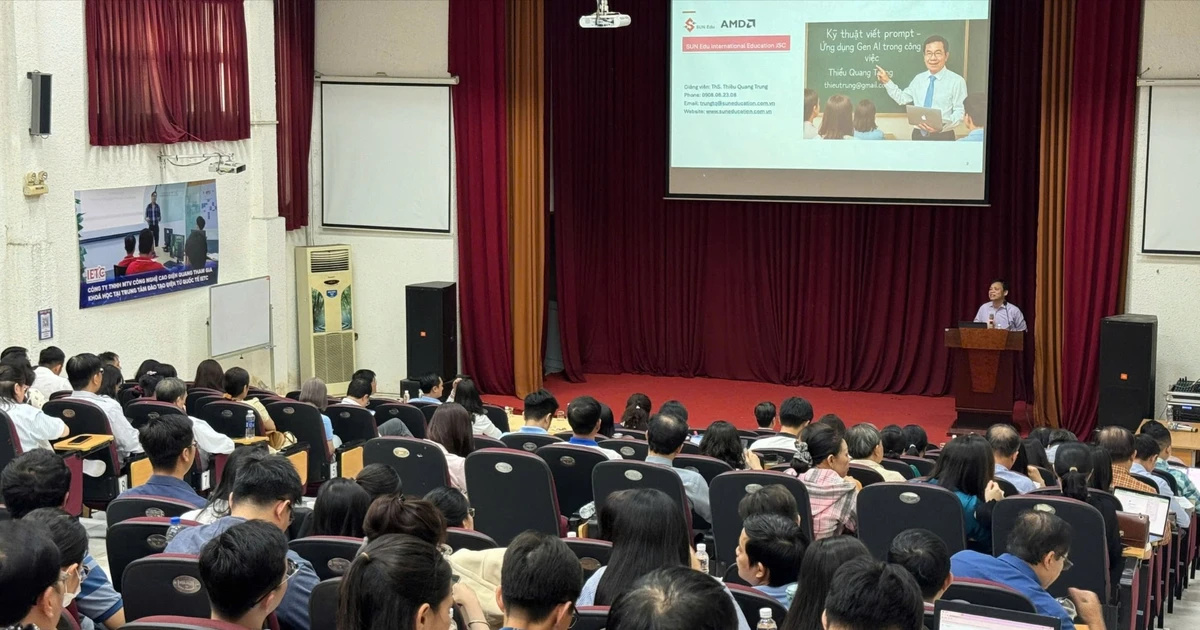












































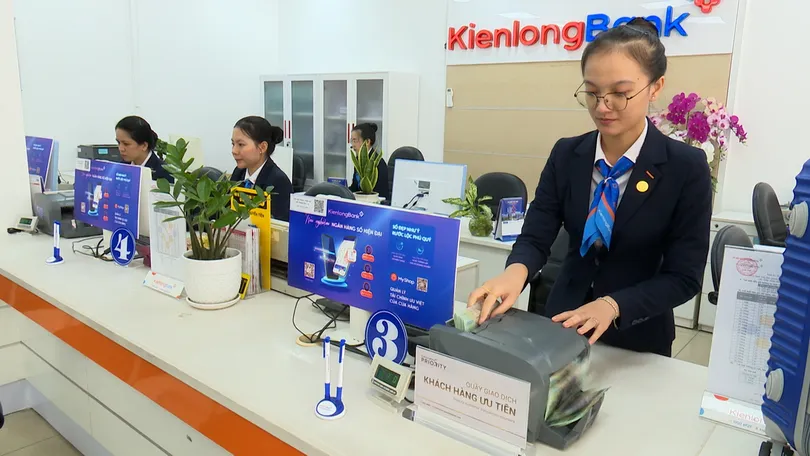
















Comment (0)